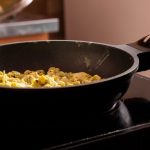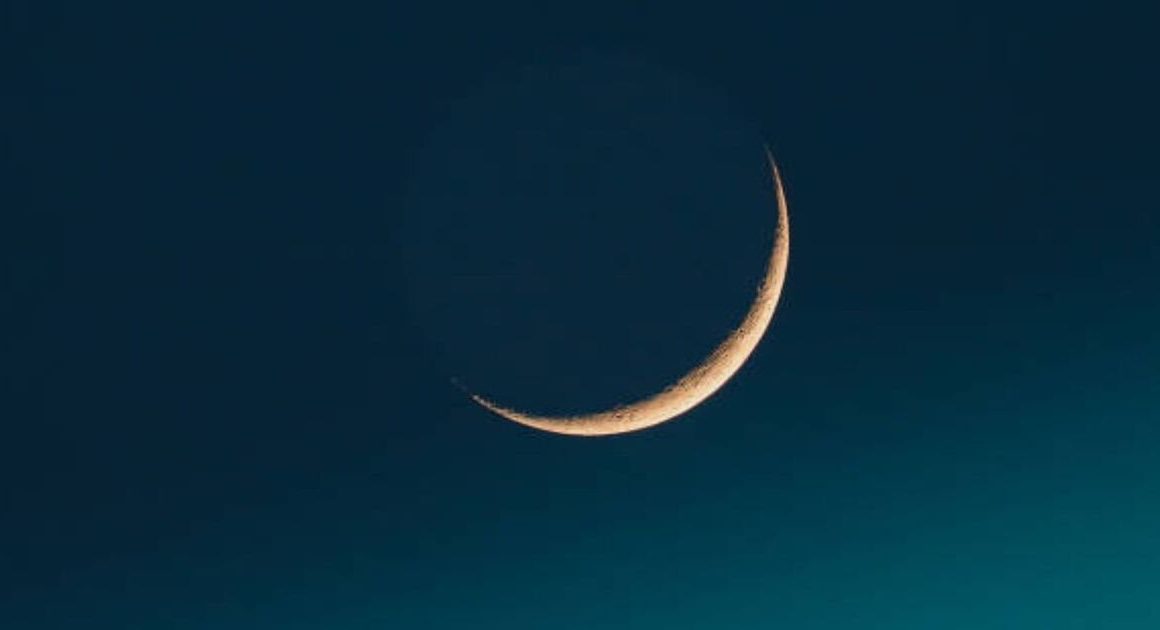As Abdel Kareem Na’ssan stands on the edge of an olive grove near the village of Al-Mughayyir in the occupied West Bank, he is visibly uncomfortable. The farmer’s eyes scan the ridge line of rugged hills at the outposts belonging to Israeli settlers.
Any sound of traffic on a nearby road causes him to whip his head around to see who may be approaching.
Earlier this month, it was near this area where he says he and his family were confronted by dozens of Israeli settlers while trying to harvest their olive trees.
“They were throwing stones at us. They were shooting at us,” he said in an interview with CBC News.
“They uprooted our trees.”
Kareem Na’ssan’s experience is one of 32 attacks on Palestinians’ olive harvests in the West Bank this month, according to officials with the United Nations Office for the Co-ordination of Humanitarian Affairs (OCHA). The crucial harvesting period typically runs from around October to November, and UN officials are labelling this year’s “the most dangerous olive season ever.”
The officials accuse the settlers of using “war-like tactics,” including setting fire to olive trees, as Palestinians try to harvest a crop that is not only an economic “lifeline for tens of thousands of families,” but a cultural symbol, representing connection to the land.
Palestinian woman shot and killed
There has been a surge in violence between Palestinians and Israelis in the West Bank, ever since the Hamas-led Oct. 7, 2023 attack on Israel, which killed around 1,200 and took about 250 hostage, by Israeli figures. Israel’s ensuing war in Gaza has killed over 42,000, by Palestinian counts.
Following the Oct. 7 attack, Israeli authorities cancelled almost all Palestinian harvest approvals in the West Bank, citing security issues, resulting in an estimated loss of more than 1,200 tonnes of olive oil and $10 million US last year. OCHA also reported 113 harvest-related settler attacks between September and November that year, and over 2,000 olive trees vandalized.
This year, on Oct. 17, the Israeli military killed Hanan Salameh, a 60-year-old woman who was harvesting olives near Jenin.
Salameh’s family said they had obtained a permit from Israeli authorities allowing them to harvest the trees near the security barrier, as long as they kept 100 metres away from it.
“We started packing our stuff and leaving,” her son, Faris Salameh, told Reuters from the woman’s funeral, where her body was wrapped in a Palestinian flag and carried through her village.
“She was shot by the tractor … far from the fence.”
The Israeli military said the commanding officer has been suspended while an investigation is underway.
Precarious olive picking
The same morning the woman was shot, a CBC News crew was in the olive groves near Al-Mughayyir, where around a dozen Palestinians were harvesting olive trees.
One family covered up their vehicle with olive branches as they tried to remain inconspicuous from the road.
Lutfieh Abu Alia, 55, said her family decided to park farther away and walk into the grove, in an attempt to attract less attention from the nearby Israeli settlements.
“Every olive that I pick is in fear,” said Abu Alia.
“We are broke…. We risked our lives for the olive harvest.”
She says the olives will be pressed to make oil which they can sell to help support themselves. Since last fall, she says the men in her family have been unable to work because of Israeli road closures that have restricted movement.
According to the UN, in the wake of Oct. 7, more than 300,000 jobs have been lost in the West Bank, pushing the territory’s unemployment rate to just over 30 per cent. A large part of this is because Israel barred around 140,000 Palestinian workers from the West Bank from entering Israel last fall, pointing to security concerns.

Traditional ritual threatened
The village of Al-Mughayyir, where farmers rely on growing olives and almonds and herding sheep, is frequently at the centre of Israeli settler violence against Palestinians.
The settlements have been deemed illegal by the International Court of Justice, along with several countries, including Canada, but the number of settlers in the West Bank continues to rise, with now more than 500,000 estimated to be living there, in an area captured by Israel during the 1967 war.
Amin Abu Alia, mayor of Al-Mughayyir, says the settlers are not only threatening the safety of the olive pickers, but are also destroying their traditions.
The annual olive harvest is normally a large family gathering, where small children can run up and down the olive groves, but they are now being kept away, he says.
“Now you find people going to their lands in small numbers to harvest their olive trees, as if they are thieves trying to harvest as much as they can before the settlers and the army come,” said Abu Alia.
“The settlers are cutting down trees which are older than the [Israeli] occupation.”

Trees cut and burned
On social media, video has emerged of attacks, including settlers lighting olive trees on fire.
UN officials say that 600 trees, mostly olive, have been cut, burnt, stolen or otherwise vandalized by settlers since the start of this year’s harvest.
Abdel Kareem Na’ssan says the settlers who confronted him mainly appeared to be in their 20s, and they were uprooting trees that were 40 or 50 years old.
He said Israeli authorities had given him permission to pick their own trees, as they lay on the other side of a security gate that Israel had installed.
Kareem Na’ssan says he will not attempt to harvest his trees again unless the Israeli military promises him protection.
The Israel Defence Forces has not yet responded to a request from CBC News for further information about the olive harvest, but the military has said the increased violence in the West Bank have made security harder to manage, according to Reuters.
Some farmers, including 71-year old Kamel Na’ssan (no relation to Abdel Kareem Na’ssan), are not even trying to access their trees this year.
He stands in an olive grove looking up a ride line, where he and his brother’s trees are. Last year, when they tried to pick them, he said Israeli settlers showed up, grabbed the sacks of olives and threw them on the ground.
“They say, ‘This mountain is for Israel, it’s not for you,'” he recounted to CBC News.
“They tell you if you come in, next time they will kill you. What are you going to do?”
The olive harvest in the northern occupied West Bank has been severely hindered by violence this year due to the ongoing Israel-Hamas conflict. CBC’s Briar Stewart hears from the Palestinian farmers facing a tough choice: risk their safety or livelihoods.












